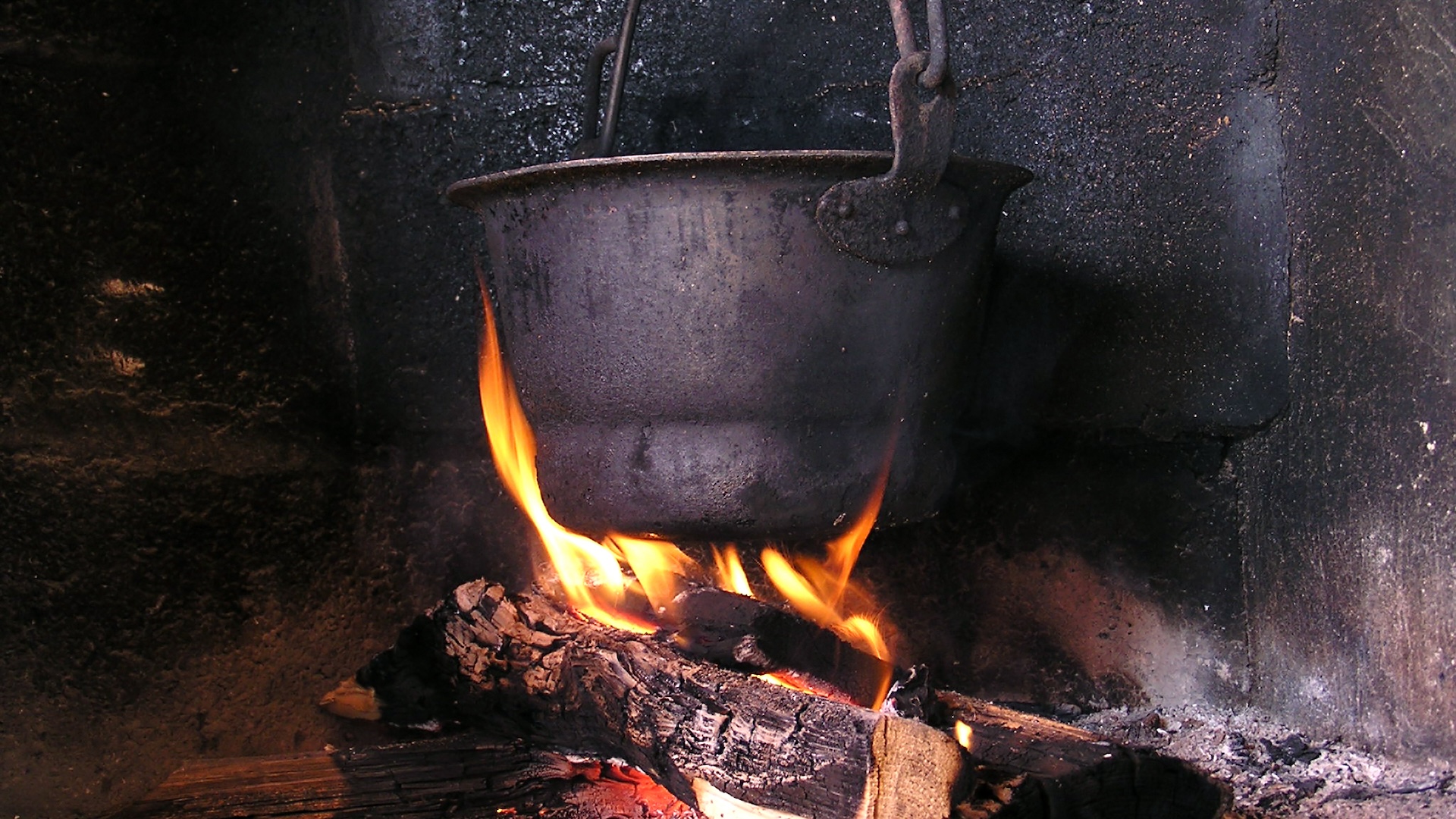
Deadly Fire Destroys Antarctic Research Station

A fire that broke out at a Brazilian research station in Antarctica has killed two people, injured a third, and forced more than 40 to evacuate the outpost.
An explosion rocked a machine room in the Comandante Ferraz research station at around 2 a.m. local time on Saturday (Feb. 25), and fire quickly spread, according to Brazilian media and reports from the Associated Press.
Several dozen of the scientists and workers evacuated from the station have now returned to Rio de Janeiro, and described their ordeal to Brazilian newspapers.
The early morning fire forced many people out into the 23-degree (minus 5 degrees Celsius) weather in only their night clothes. The group took refuge in two outbuildings that weren't connected to the flaming station and shared coats and warm clothes.
Fires or disasters of any kind are particularly dangerous in Antarctica, the highest, driest, windiest and coldest continent on Earth. Harsh, frigid conditions on the southernmost continent can hamper air travel, making evacuations difficult, especially now that austral winter is descending.
The disaster killed two Navy servicemen, who ran toward the burning section of the building to try to fight the flames. The man injured in the fire, also a member of the Brazilian navy, is in stable condition.
Scientists said that their research, including many irreplaceable samples, was lost to the flames.
Sign up for the Live Science daily newsletter now
Get the world’s most fascinating discoveries delivered straight to your inbox.
"We lost much more than material. We have lost lives," biophysicist and veteran Antarctic researcher John Paul Machado Torres told O Estado de S. Paulo.
The Comandante Ferraz Station, built toward the tip of the Antarctic Peninsula, began operations in 1984. The fire destroyed roughly 70 percent of the facility.
It's not clear what caused the fire, but some Brazilian media reports have hinted that a problem with ethanol generators at the base sparked the blaze.
The last flight of the season recently departed from the South Pole. For the next six to eight months, the 50 people remaining at the U.S. Amundsen-Scott research station will have no physical link to the outside world.
In 2011, Renee-Nicole Douceur, who worked as a manager at the station, suffered a stroke, but bad weather marooned her at the South Pole from the outset of her ordeal, in August, until a plane could airlift her out in October. The New Hampshire resident survived.











